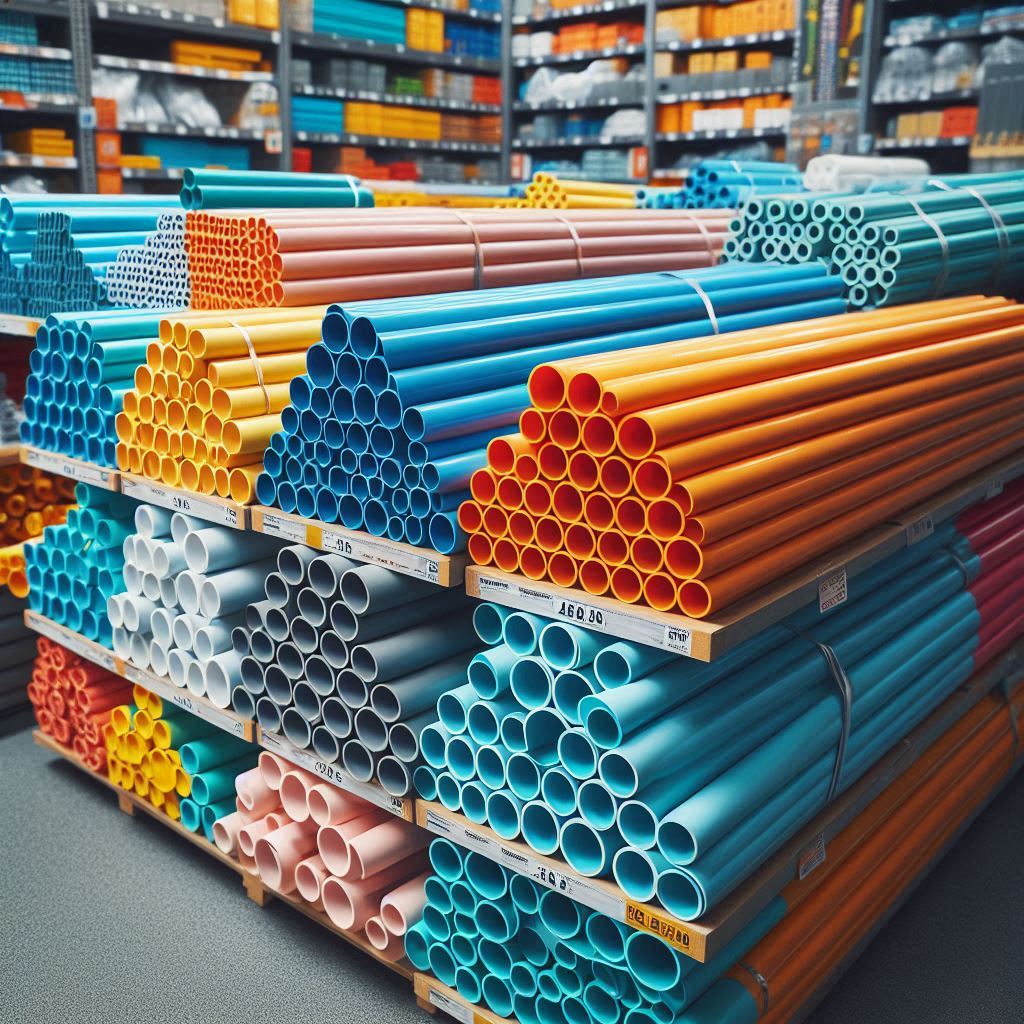When you think about the cornerstones of modern plumbing, irrigation, and construction, one material often stands out: rigid Polyvinyl Chloride (PVC) pipes. These components are more than just tubes that carry water – they’re integral to engineering and have a multitude of applications that stretch far beyond what one might initially imagine. In this comprehensive guide, we’ll dive deep into the world of rigid PVC pipes, exploring their benefits, manufacturing processes, applications, and much more.
Introduction: Why Rigid PVC Pipes?
Ever wondered why that white plastic pipe is omnipresent in construction sites, residential homes, and industrial complexes? Rigid PVC pipes offer a blend of durability, versatility, and cost-efficiency that makes them a favorite among professionals and DIY enthusiasts alike. They do not corrode, resist environmental stress, and maintain integrity over long periods of time. This article will uncover every layer of these ubiquitous materials, helping you understand their significance and how to make the best use of them.
Understanding Rigid PVC Pipes
What is Rigid PVC?
Manufacturers mold Rigid Polyvinyl Chloride, or PVC, into various forms, with rigid ones being particularly popular for pipe manufacturing. But what makes rigid PVC different from its other plastic counterparts?
- Chemical Composition: PVC is a vinyl polymer, chemically composed of carbon, hydrogen, and chloride. The rigidity comes from the absence of plasticizers that are present in flexible PVC types.
- Properties: Rigid PVC is known for its strength, lightweight nature, and resistance to weathering, chemicals, corrosion, and electricity, making it exceptionally suitable for a variety of applications.
Manufacturing Process of Rigid PVC Pipes
Understanding the production of these pipes can provide insights into their robust nature and reliability:
- Raw Material Preparation: The process starts with PVC resin, combined with stabilizers to enhance heat resistance, lubricants for smooth processing, and other additives for color or additional properties.
- Mixing: These materials are thoroughly mixed to produce a dry blend.
- Extrusion: The dry blend is fed into an extruder, where it is heated and melted. The monolithic PVC is then forced through a die to shape it into a pipe.
- Cooling and Cutting: The pipes are cooled to solidify and then cut into desired lengths.

Standards and Compliance
Rigid PVC pipes must adhere to specific standards to ensure they perform safely and effectively:
- ISO Standards: International Organization for Standardization standards like ISO 9001 for quality management systems.
- ASTM International: Standards such as ASTM D1785 for water pressure and ASTM D2665 for drain, waste, and vent pipes.
- These certifications ensure that the pipes are suitable for their intended applications and maintain a global standard of quality and reliability.
Applications of Rigid Polyvinyl chloride Pipes
Rigidity combined with resistance to a variety of factors makes these pipes incredibly versatile. Here’s where they shine:
- Plumbing: Used widely used in residential and commercial buildings for water supply and sewage.
- Electrical Conduits: Protects electrical wiring in buildings due to its insulative properties.
- Irrigation: Employed extensively in agriculture for drip or sprinkler irrigation systems.
- Construction: Serves as a material for building frameworks and scaffolding.
Benefits of Using Rigid Polyvinyl Chloride Pipes
Choosing rigid PVC pipes comes with a host of advantages:
- Durability: They are resistant to environmental factors, which prolong their lifespan.
- Low Cost: Compared to other piping materials like copper or iron, PVC is much more economical.
- Low Maintenance: They do not rust or corrode and thus require less maintenance.
- Safety: PVC is non-toxic (provided it’s not burned) and does not pollute the water or air.
Environmental Impact and Recycling
With growing environmental concerns, it’s important to consider the sustainability aspect of using rigid PVC. PVC is recyclable and can be reused to make new products, reducing the environmental footprint. Many manufacturers now adopt sustainable practices, ensuring that rigid PVC continues to be a material of choice while respecting ecological parameters.
Conclusion: Should You Choose Rigid Polyvinyl chloride?
Rigid PVC pipes represent a remarkable confluence of durability, cost-efficiency, and versatility. Whether you’re laying down a new plumbing line, setting up electrical conduits, or managing a farm’s irrigation, these pipes promise performance and longevity. Understanding their properties, manufacturing processes, and appropriate applications can aid in making more informed decisions about their usage.
Rigid PVC is not just a material; it is a modern engineering marvel that supports infrastructure globally.
These insights better equip you to utilize rigid PVC pipes effectively in your next project, ensuring optimal performance and sustainability.
PVC Vinyl Chloride: From Fossil Fuels To The Future?